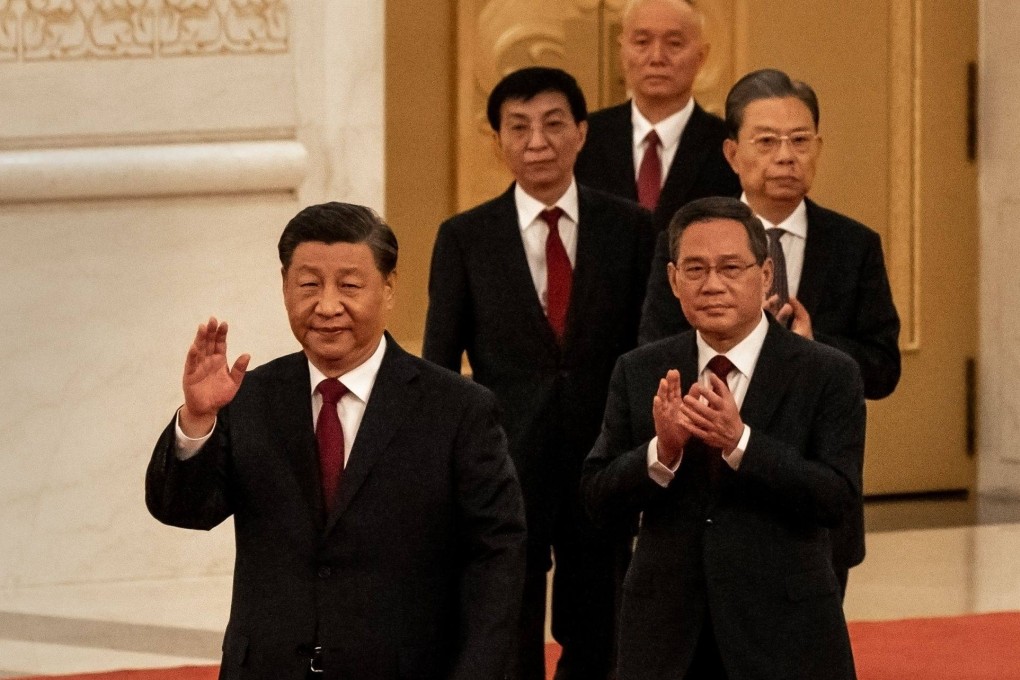Advertisement
After Xi Jinping solidifies power, China’s new leadership line-up must restore confidence in managing the economy, experts say
- Businesses are watching keenly for concrete steps to get the economy back on track following the 20th party congress
- Steadying investor sentiment will be no easy feat, however, as uncertainty remains over China’s new leadership line-up
Reading Time:4 minutes
Why you can trust SCMP
23

As the dust settles on the Communist Party’s leadership reshuffle, China must urgently restore confidence among private and foreign investors in its coronavirus-battered economy, analysts and economists say.
The 20th party congress wrapped up on Sunday, handing President Xi Jinping a norm-breaking third term as the party secretary at the apex of power in the world’s second-largest economy. Xi tightened his dominance by lining the country’s top decision-making body with loyalists, while leaving the door open for a fourth five-year term in 2027.
Stock markets in Hong Kong, Shanghai and Shenzhen plunged on the first trading day after the congress, as investors weighed the retirement of several pro-reform policymakers and the potential for Xi to pursue more isolationist policies, which have effectively shut China off from the rest of the world since the beginning of the pandemic.
Advertisement
Though China’s third quarter economic growth figures were better than expected on Monday, the outlook remains gloomy, with the economy still haunted by the coronavirus pandemic, a worsening international environment and potential for a global recession.
Businesses are watching keenly for concrete steps from Beijing to get the economy back on track.
Advertisement
Advertisement
Select Voice
Select Speed
1.00x